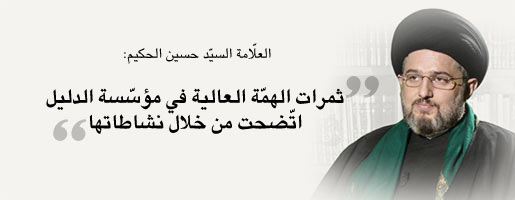
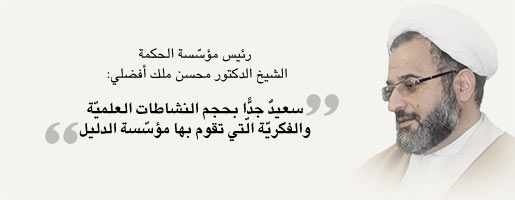



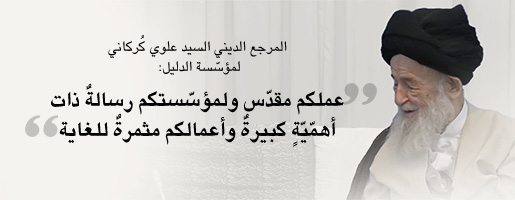

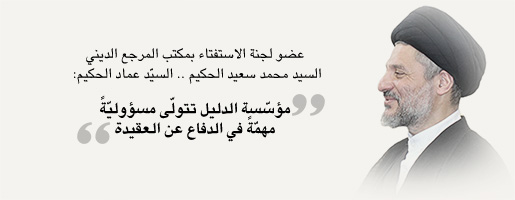
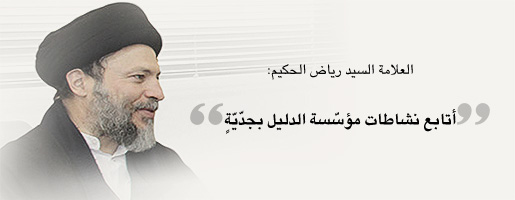

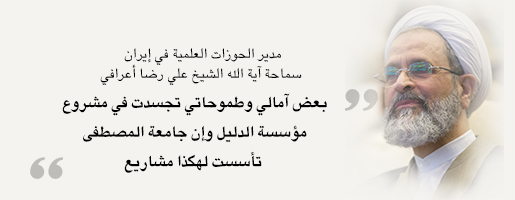
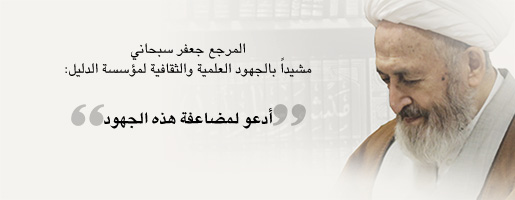
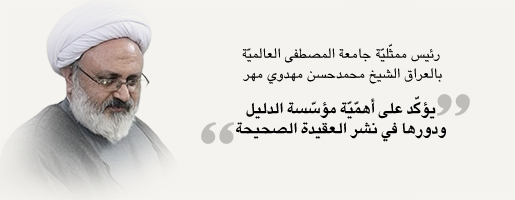
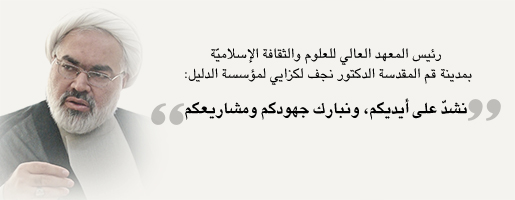
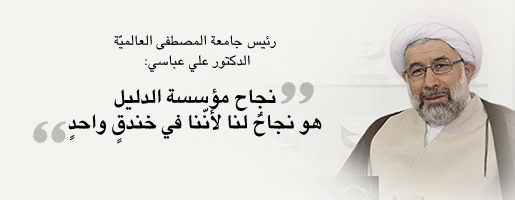

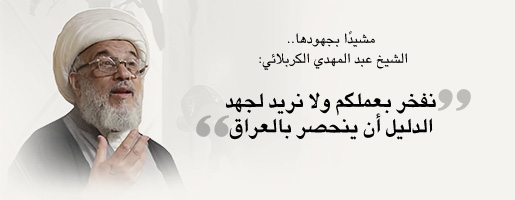
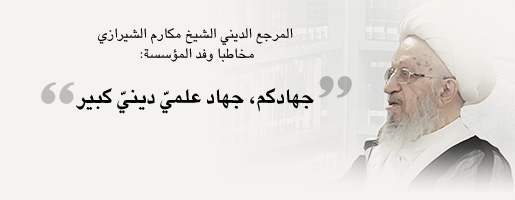
Mustafa Azizi
Abstract
Language of religion is among the primary topics of philosophy of religion. The issues discussed in language of religion centralizes on two fundamental points: the first is the issues that are related to the linguistic foundation of religion, and whether religious language has an epistemic indication and represents a reality, or is it just symbolic and mythological language that lacks any epistemic content and does not represent reality. Rather, it has other duties, like explaining emotions and feelings? There are scientific schools and theories that believe that religious language does not represent reality and does reflect it, and this is from the “logical positivism school”, the “eschatological verifiable theory”, the game of language theory, the principle of verification theory, the symbolic language theory, and others.
Opposite to this are scientific schools that believe that the language of religion is a real language that has epistemic indications and do represent reality, where most Islamic scientific schools believe in this, and some Western schools, like the theory of “analogy” the theory of “anthropomorphism,” the theory of “univocality,” and others.
The second point is the issues related to explaining and analysing the theological propositions, and they are propositions where the subject is “God” and the predicate is “Perfect Attributes”. This discussion is based on the attributes shared between the Creator and the created, like knowledge, power, speech, will, etc., and how they are explained in line with the magnitude of Almighty God and His simple existence.
In this paper we aim at studying both of these points through presenting the common theories and critiquing them based on the rational-analytical approach.
